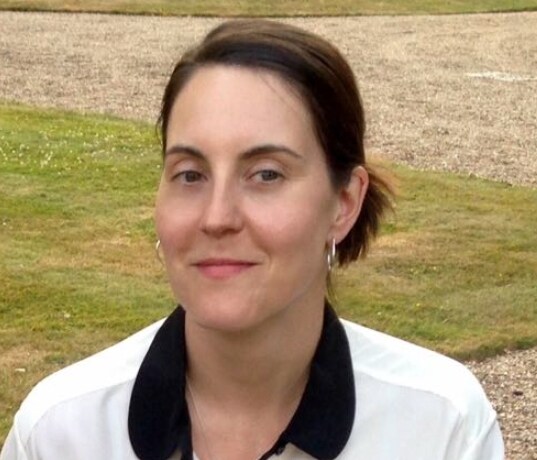Meet the experts
Antonia Sariyska: Entrepreneurship and private capital will drive impact investing forward
Earning competitive financial returns doesn’t have to come at the expense of impact, and the many entrepreneurs and exciting ventures across the world are the living proof.








